THE LOGICAL LEAP
THE LOGICAL LEAP
INDUCTION IN PHYSICS
David Harriman
With an Introduction by
Leonard Peikoff

NEW AMERICAN LIBRARY
Published by New American Library, a division of
Penguin Group (USA) Inc., 375 Hudson Street,
New York, New York 10014, USA
Penguin Group (Canada), 90 Eglinton Avenue East, Suite 700, Toronto, Ontario M4P 2Y3, Canada
(a division of Pearson Penguin Canada Inc.)
Penguin Books Ltd., 80 Strand, London WC2R 0RL, England
Penguin Ireland, 25 St. Stephens Green, Dublin 2, Ireland (a division of Penguin Books Ltd.)
Penguin Group (Australia), 250 Camberwell Road, Camberwell, Victoria 3124, Australia
(a division of Pearson Australia Group Pty. Ltd.)
Penguin Books India Pvt. Ltd., 11 Community Centre, Panchsheel Park, New Delhi - 110 017, India
Penguin Group (NZ), 67 Apollo Drive, Rosedale, North Shore 0632, New Zealand
(a division of Pearson New Zealand Ltd.)
Penguin Books (South Africa) (Pty.) Ltd., 24 Sturdee Avenue, Rosebank, Johannesburg 2196, South Africa
Penguin Books Ltd., Registered Offices:
80 Strand, London WC2R 0RL, England
First published by New American Library,
a division of Penguin Group (USA) Inc.
First Printing, July 2010
Copyright David Harriman, 2010
Introduction copyright Leonard Peikoff, 2010
Illustrations by Coral Cruz Harriman and Tom VanDamme
All rights reserved
 REGISTERED TRADEMARKMARCA REGISTRADA
REGISTERED TRADEMARKMARCA REGISTRADA
Library of Congress Cataloging-in-Publication Data:
Harriman, David.
The logical leap: induction in physics/David Harriman; with an introduction by Leonard Peikoff.
p. cm.
Includes index.
ISBN: 978-1-101-65997-7
1. Induction (Logic) 2. Reasoning. 3. SciencePhilosophy. I. Title.
BC57.H36 2010
161dc22 2010009813
Designed by Ginger Legato
Without limiting the rights under copyright reserved above, no part of this publication may be reproduced, stored in or introduced into a retrieval system, or transmitted, in any form, or by any means (electronic, mechanical, photocopying, recording, or otherwise), without the prior written permission of both the copyright owner and the above publisher of this book.
PUBLISHERS NOTE
While the author has made every effort to provide accurate telephone numbers and Internet addresses at the time of publication, neither the publisher nor the author assumes any responsibility for errors, or for changes that occur after publication. Further, publisher does not have any control over and does not assume any responsibility for author or third-party Web sites or their content.
The scanning, uploading, and distribution of this book via the Internet or via any other means without the permission of the publisher is illegal and punishable by law. Please purchase only authorized electronic editions, and do not participate in or encourage electronic piracy of copyrighted materials. Your support of the authors rights is appreciated.
To Alyssa
With the hope that this book helps you
achieve a life filled with exciting discoveries
CONTENTS
INTRODUCTION
P hysics is the most universal of the natural sciences. It teaches us the basic laws of the material world as a whole, and serves as a paradigm of rational thought.
The explosion of knowledge in physics during the seventeenth century had a profound influence on mens view of the world and of their own nature. Most people do not acquire such views by reading philosophy books, but rather by seeing and dealing with the products of man in action, for example, novels, schools, governments, and the achievements of scientific discovery.
In their battle to establish the heliocentric theory, the new scientists provided a philosophic lesson that changed the course of history. They broke the stranglehold of religious dogma, at least for a while, and demonstrated that man can know the worldif he uses the method of observation, measurement, and logic. They rebelled against the view that astronomers should seek to save the appearances, i.e., to concoct a baseless scheme for predicting the dataand pursued instead the ambitious goal of understanding the universe. The revolution was completed when Isaac Newton presented a fully intelligible universe, open to the human mind and ruled throughout by causal law. No philosophic treatise could have done more than the Principia to teach man philosophy, and to undercut mysticism and skepticism. Modern man had come of age as a rational being.
The message spread throughout the West and led to the Enlightenment. Innovators began to remake the world in mans new imagesecular, thinking, self-reliant, and eager to enjoy life. The results showed up in every field (not least in the movement from monarchy to the Declaration of Independence). It was not long until Newtons physics led to the Industrial Revolution, and another milestone of that: Man could discard the ancient dichotomy between theory and practice and finally grasp that reason is his basic means of survival.
The influence of physics on culture cuts both ways. When, thanks to Kant, the most advanced science departs from the proper methodfor example, when physicists renounce causality in the subatomic realm and revert to the menial job of saving appearances, or when they entirely detach theory from reality and wander around an eleven-dimensional geometry of spacetimethe cultural consequences are devastating. People hear about such views and conclude: If this is rationality, who needs it? There must be something better. Then we see unreason become ubiquitous, from the rise of fundamentalist religion and pseudoscience to the rise of multiculturalism and nihilism.
Philosophy of science, which should have fought this trend, has descended to a point so low that it would have been inconceivable a century or so ago. The field has been hijacked by the sociology of knowledge movement, which claims that scientific theories are social constructs based on peer pressure.
This book is an antidote to all such apostles of irrationality. David Harriman unveils the logic of physics, identifying the method by which scientists discover laws of nature. The book begins with a discussion of how we arrive at our first inductive generalizations, which are the foundation of scientific knowledge, and then answers the key questions: What is the nature of experimental method? How does the proper interpretation of an experiment depend on the scientists context of knowledge? Why is mathematics the language of physics? How is the role of mathematics related to the nature of concepts? And, putting it all together: What are the objective criteria of proof for a scientific theory? All of these issues are studied in relation to the discoveries of Newtonian mechanics and/or to the atomic theory of matter; the methodological results are then formulated as general principles. By thus inducing principles of method from the history of science, his book is a tour de force, demonstrating that epistemology is itself an inductive science.
A theory of generalizations presupposes a theory of concepts. One must grasp how the constituent concepts of a generalization are related to reality before one can grasp how the generalization itself is related to reality. The theory developed here is based on Ayn Rands theory of concepts, presented in Introduction to Objectivist Epistemology. Ayn Rand regarded the question of how we prove inductive generalizations as the only fundamental problem still unsolved in philosophy.
Next page
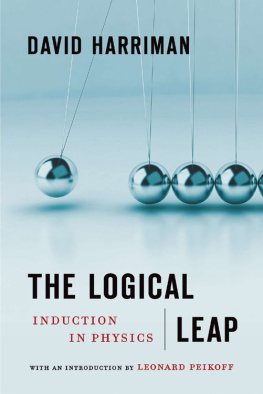

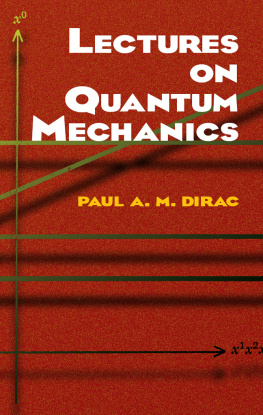
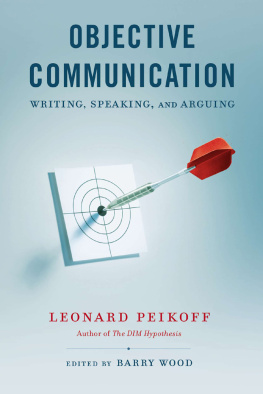

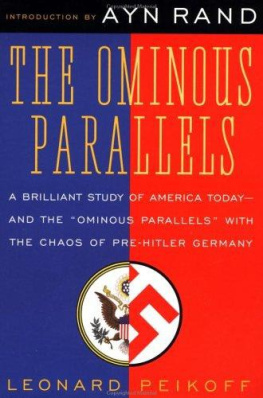

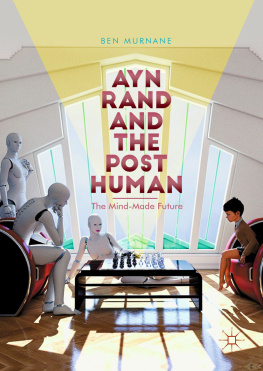
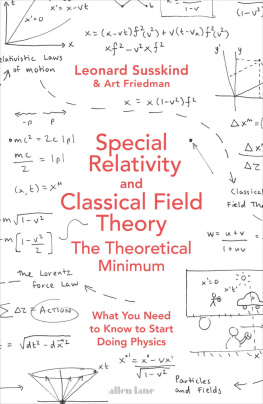
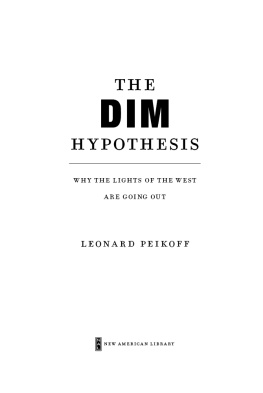

 REGISTERED TRADEMARKMARCA REGISTRADA
REGISTERED TRADEMARKMARCA REGISTRADA